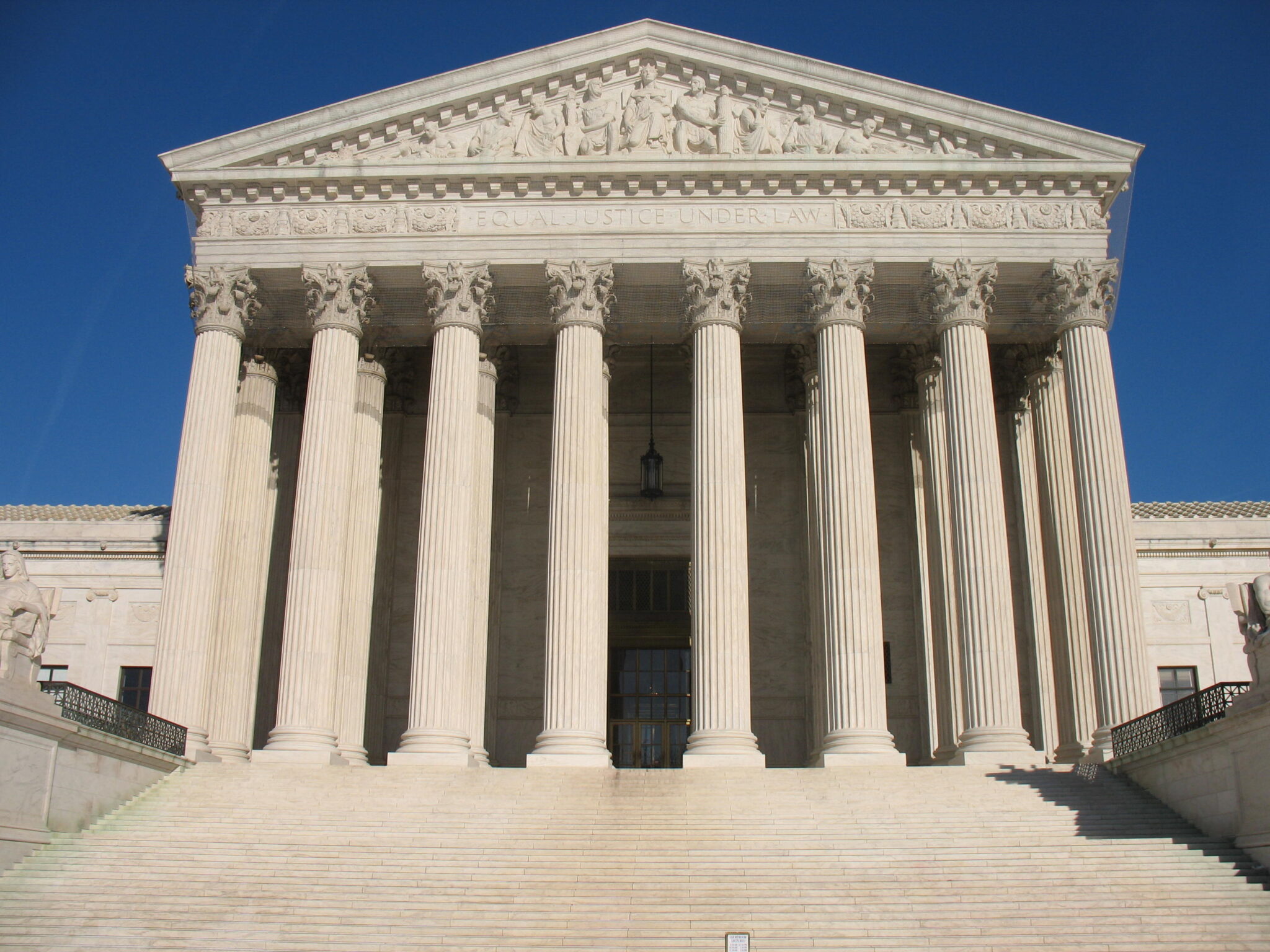Everest Fang is a student at Harvard Law School.
In today’s news and commentary: the Supreme Court rejects emergency application regarding NLRB constitutionality and declines Uber’s bid to challenge California’s AB5, and voters in California and Nevada consider ban on forced prison labor.
Yesterday, the Supreme Court declined to wade into the claims made by a growing number of businesses that the NLRB’s in-house enforcement proceedings are unconstitutional. As Sunah wrote yesterday, an auto parts company called Yapp USA had filed an emergency application to the Supreme Court on Monday, seeking to block an NLRB case against the company, pending the outcome of its lawsuit claiming board officials are unconstitutionally shielded from at-will removal by the president. Justice Brett Kavanaugh, who oversees requests arising from the Sixth Circuit, denied the emergency application yesterday, writing no explanation.
The Supreme Court also declined a bid by Uber Technologies and subsidiary Postmates to revive their challenge to California’s worker-friendly employment classification law. The justices denied Uber’s petition for review of a Ninth Circuit ruling rejecting the companies’ challenge to the law known as AB5. California app-based drivers are already exempt from AB5 under an industry-backed 2020 ballot initiative known as Proposition 22. The California Supreme Court upheld Prop 22 in July, rejecting a union’s claims that it violated the state’s constitution. However, state enforcement efforts against the companies seek penalties for alleged violations of AB 5 from before Prop 22’s effective date. In their challenge to AB 5, Uber and Postmates argued the law deprived them of equal protection of the law by treating companies in their industry worse than other companies, out of hostility and political favoritism. However, the Ninth Circuit held that California lawmakers had rationally determined that transportation and delivery companies were more likely to misclassify workers, and that AB5 was a reasonable response to that problem.
This November, voters in California and Nevada will decide whether to ban forced prison labor by removing language from their state constitutions rooted in the legacy of chattel slavery. The ballot measures aim to protect incarcerated people from being forced to work under the threat of punishment. In both states, it is not uncommon for prisoners to be paid less than $1 an hour to fight fires, clean prison cells, make license plates or do yard work at cemeteries. Nevada’s proposal aims to abolish from its constitution both slavery and involuntary servitude as punishment for crime. California’s constitution was changed in the 1970s to remove an exemption for slavery, but the involuntary servitude exception remains on the books. Colorado, Alabama, and Tennessee have in recent years removed exceptions for slavery and involuntary servitude from their constitutions. However, in Colorado — the first state to get rid of an exception for slavery from its constitution in 2018 — incarcerated people alleged in a lawsuit filed in 2022 against the corrections department that they had still been forced to work.






Daily News & Commentary
Start your day with our roundup of the latest labor developments. See all
July 11
Regional director orders election without Board quorum; 9th Circuit pauses injunction on Executive Order; Driverless car legislation in Massachusetts
July 10
Wisconsin Supreme Court holds UW Health nurses are not covered by Wisconsin’s Labor Peace Act; a district judge denies the request to stay an injunction pending appeal; the NFLPA appeals an arbitration decision.
July 9
In Today’s News and Commentary, the Supreme Court green-lights mass firings of federal workers, the Agricultural Secretary suggests Medicaid recipients can replace deported farm workers, and DHS ends Temporary Protected Status for Hondurans and Nicaraguans. In an 8-1 emergency docket decision released yesterday afternoon, the Supreme Court lifted an injunction by U.S. District Judge Susan […]
July 8
In today’s news and commentary, Apple wins at the Fifth Circuit against the NLRB, Florida enacts a noncompete-friendly law, and complications with the No Tax on Tips in the Big Beautiful Bill. Apple won an appeal overturning a National Labor Relations Board (NLRB) decision that the company violated labor law by coercively questioning an employee […]
July 7
LA economy deals with fallout from ICE raids; a new appeal challenges the NCAA antitrust settlement; and the EPA places dissenting employees on leave.
July 6
Municipal workers in Philadelphia continue to strike; Zohran Mamdani collects union endorsements; UFCW grocery workers in California and Colorado reach tentative agreements.